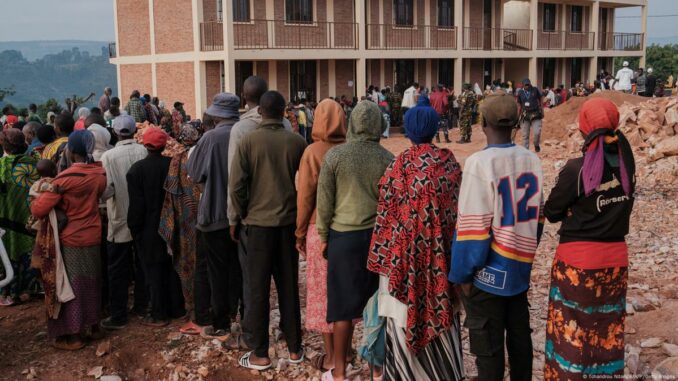
Burundians went to the polls Thursday (5 June) in legislative and local elections marked by high voter turnout, economic hardship, and the near-total absence of opposition.
More than six million citizens were registered to vote at over 14,000 polling stations nationwide and abroad, according to the National Independent Electoral Commission (CENI). This election, the first since President Évariste Ndayishimiye took office in 2020, comes as Burundi endures a crippling economic crisis. Inflation reportedly exceeds 40% monthly, while chronic shortages of fuel, sugar, and foreign currency have brought much of the country to a standstill. Long fuel queues have become the norm, and public frustration is mounting.
Despite widespread discontent, the ruling National Council for the Defense of Democracy (CNDD-FDD) party is expected to maintain its grip on power after neutralizing its main rival. The National Freedom Council (CNL), which finished second in 2020, was suspended in 2023, and its leader Agathon Rwasa was ousted in what many believe was a government-orchestrated move. Laws now bar him and his allies from running or forming new parties.
At polling stations, voters voiced hopes that elected leaders would address daily struggles. “They must find us fuel because when it’s available, we can move around, and the country functions better,” said one voter. President Ndayishimiye hailed voting as a patriotic act, though analysts warned the election will likely reinforce one-party dominance amid deepening repression and economic decline.
